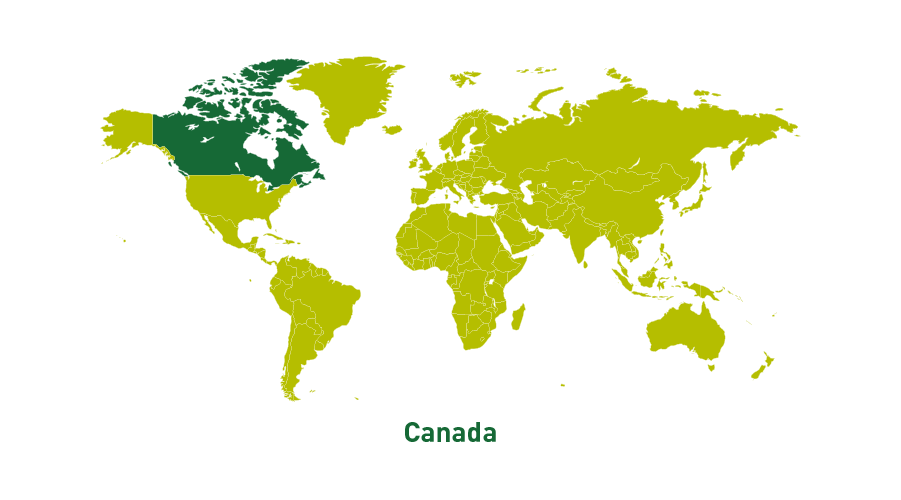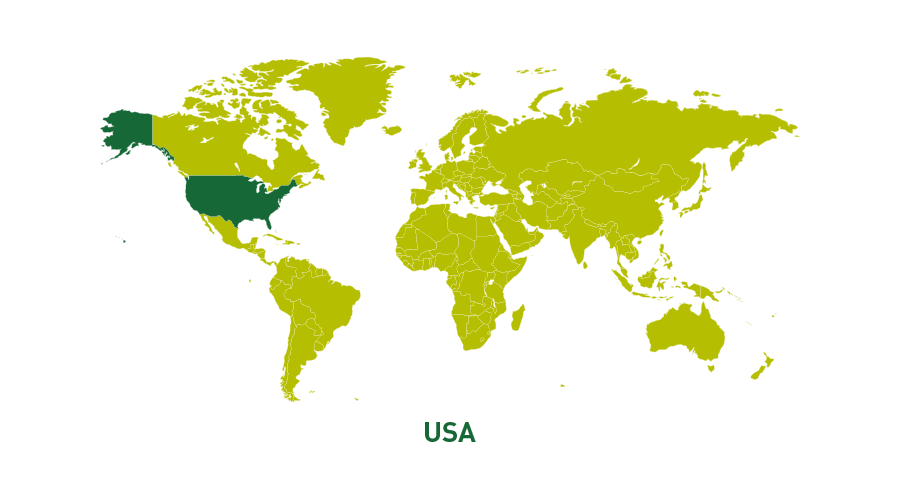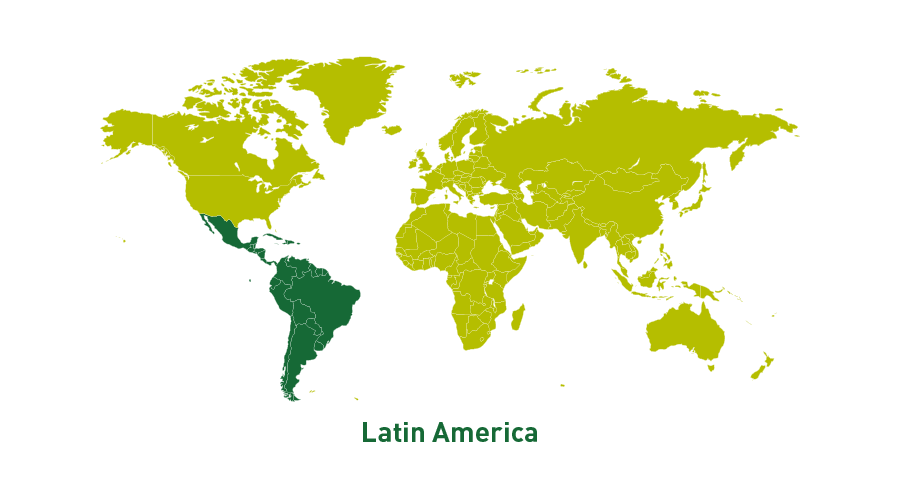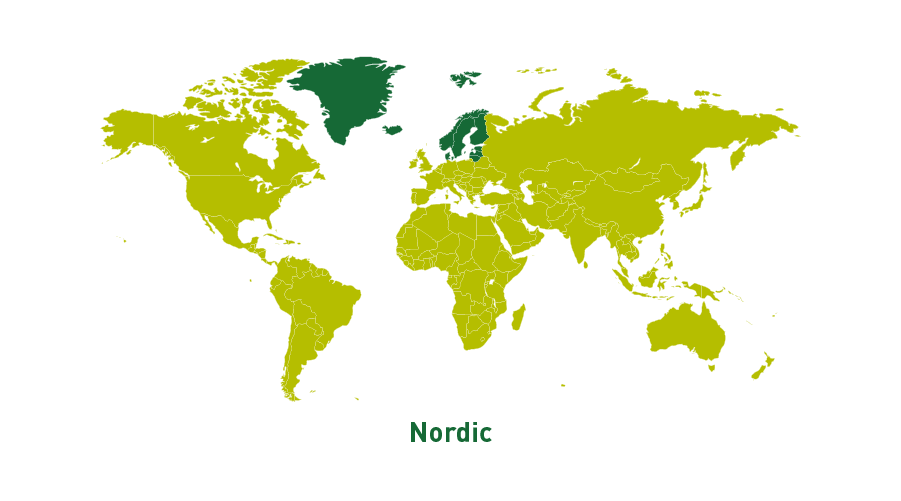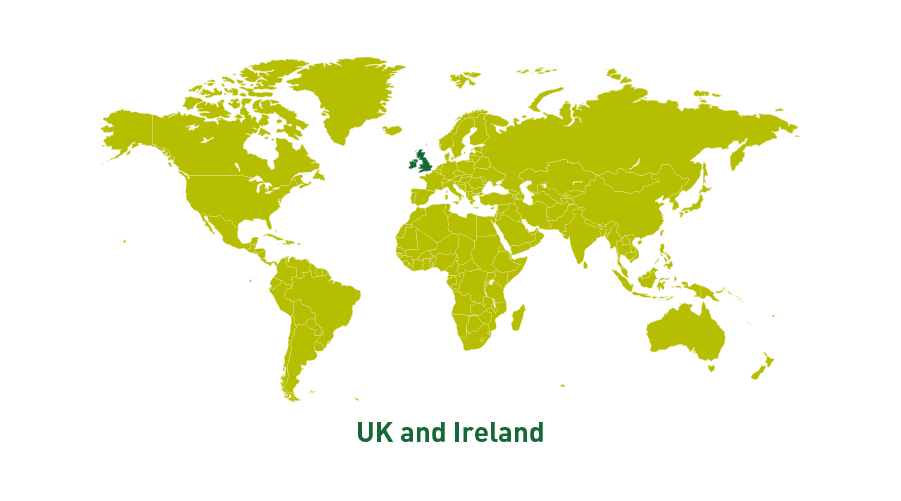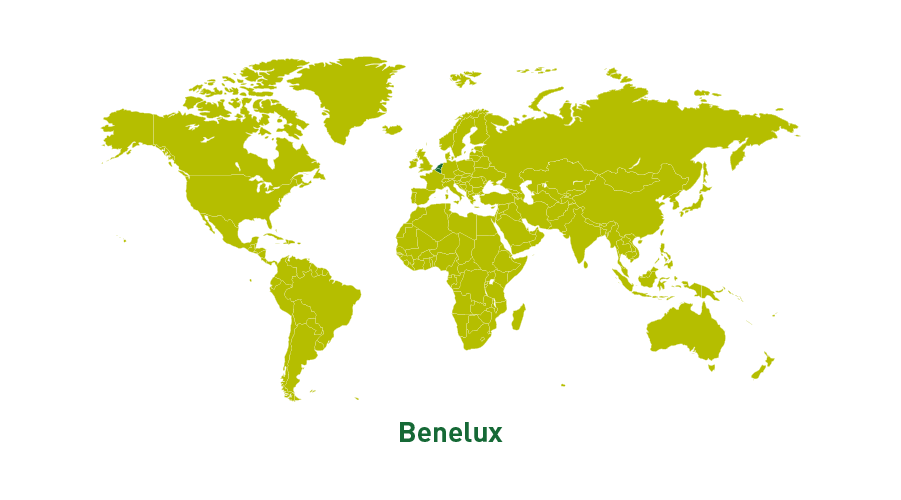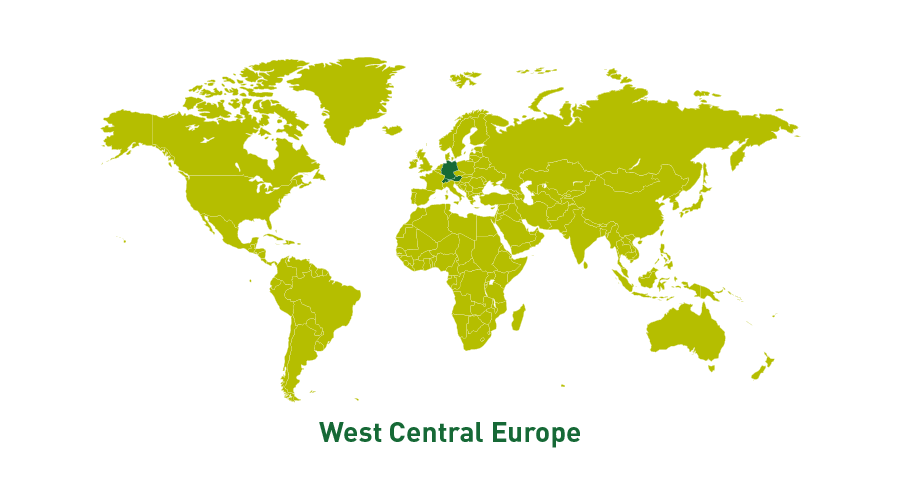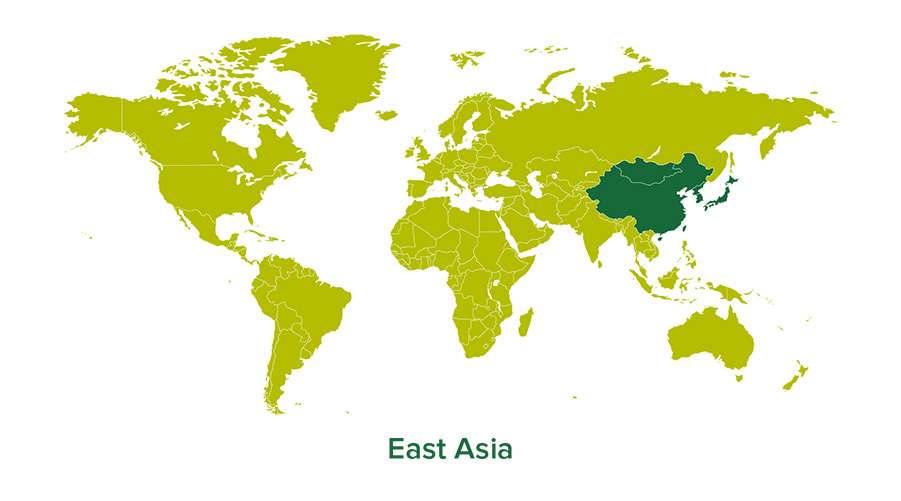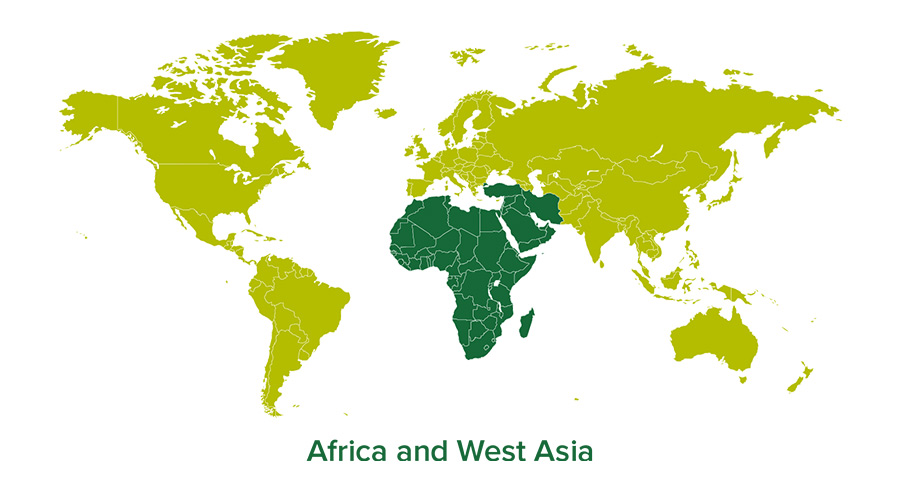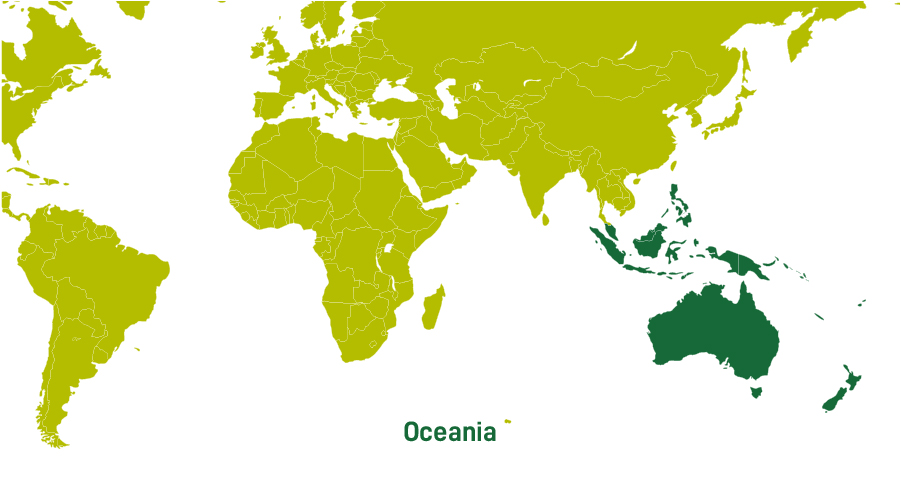ISAE takes a stand against racism and supports diversity and inclusiveness
ISAE condemns systemic and institutionalized forms of racism and acknowledges that these systems even pervade academia and the sciences. In this way, they affect a number of our beloved ISAE colleagues and friends. Please know that the ISAE community has been there to support these colleagues and will continue to do so in the future.
“As a scientific society, ISAE recognizes the importance of supporting and promoting diversity in its membership and the wider community, in gender, age, race and ethnicity, geographical representation and other factors.” This diversity statement has been part of the ISAE Procedural Guidelines for several years and we aim to apply this statement in nomination and selection of officers, representatives, speakers and recipients of funds, awards and honours.
Through ISAE’s development activities, we aim to include new countries and new members into the ISAE network and make them feel welcome and appreciated. ISAE meetings are very friendly and engagement with new members of the society is actively encouraged.
Having said that, diversity is still relatively limited in our society and in the field of animal sciences in general, for instance in terms of BAME (Black, Asian, minority ethnic) membership in Western countries. ISAE Council would welcome ideas on how to promote diversity and support inclusiveness in our society.
To give this important topic the attention it deserves, ISAE will form an independent committee which will discuss these issues and which will actively seek input from people from different ethnicity and geographical backgrounds. We aim to find new ways to make all people feel equally welcome and appreciated in our society and to take away any hurdles that obstruct this process. We welcome your thoughts, comments, and suggestions as we take this journey together.
- ISAE Council
Apply for Membership
There are nearly 700 members worldwide and each year the Society assembles for a major International Congress, where in addition to addresses by special keynote speakers, members present their latest research findings. There are also regular regional conferences held to encourage local knowledge exchange.







